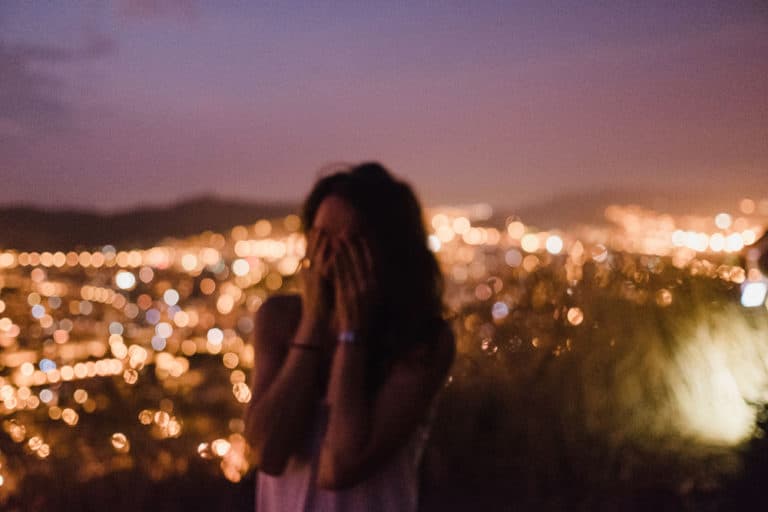Is it a one size fits all approach when it comes to separating the art from the artist?

J.K. Rowling is one of those authors who are beloved, in and outside of the Pottermore community. Her rising success from once being below the poverty line to being able to fall off the billionaire listings as a result of her numerous works and donations to charity is an inspiration for many.
Yet recently, her wokeness has been questioned. Rowling has tweeted more ‘inclusive’ details about the characters that failed to be mentioned in both the books and films. From tweeting in 2007 that she always thought Dumbledore was gay, to retroactively adding progressive layers to the Fantastic Beast collection while claiming these ideas were brewed twenty years ago, with the promise of representing everyone. In the past few months, Rowling has also been called out for contradictorily favouring TWERF (Trans Exclusionary Radical Feminist) tweets.
Now unless you live under a rock with no 5G, you would have heard about Surviving R. Kelly, a documentary series focusing on the victims affected by musician R. Kelly. The tragic series reveals the grooming, severe mental, physical, emotional and financial abuse inflicted by Kelly towards girls starting around the ages of twelve and upwards, and the numerous court cases attempting to jail the accused predator.
Yet whenever the documentary trends across social media, in addition to victim shaming and blaming, many share their disgust for R. Kelly the person, but not for R. Kelly the artist and musician. In fact, his music has been streamed 16 percent more since the airing of the documentary, which some argued was out of intrigue by a new generation discovering his artistry and looking out for ‘clues’ but could also be attributed to the continuous clout further entertainment attention has drawn to the musician.
So the question is, can we listen to ‘Ignition’ or ‘I Believe I Can Fly’ and just hate on R. Kelly, the person?
The answer is no. Emphasised especially through the #MeToo movement, where many accusations towards powerful men in Hollywood have come to the forefront of our public attention, separating the art from the artist has become a prominent conversation amidst the woke era. Though I personally don’t believe in cancel culture (where when a mistake has been made that person is to be written off), the difference between J.K. Rowling’s post woke patina and R. Kelly is still palpable.
What is always asked as an umbrella question has to be understood as a question that is not a one size fits all. The length of a person’s right for forgiveness and demand for cancellation is of course in direct ratio with their misconduct. J.K. Rowling has admitted to her learning curve towards inclusivity while still being called out to catch up about her TWERF comments while R. Kelly is yet to admit to his actions.
Regardless of your emotional connection to some of his chart hits, R. Kelly is to be cancelled. Separating the art from the artist is reductive when it comes to abusers because if we did not give our money, our attention and views to artists like R. Kelly, they quite simply would have no position to abuse.
Separating the art from the artist funds a lifestyle of sadistic and hedonistic choices; it supports the perpetuation of power. It can be difficult when songs, books and works of art hold such dear memories to us all. It can even be tough to see our iconic figures under a different light, but to differentiate the two comes down to our own moral compass and sometimes, the lines can be blurred. Frankly, though “I Believe I Can Fly” had its moment, it isn’t that good that I can ignore the havoc caused to those in mental chains and that won’t be soaring anytime soon.




